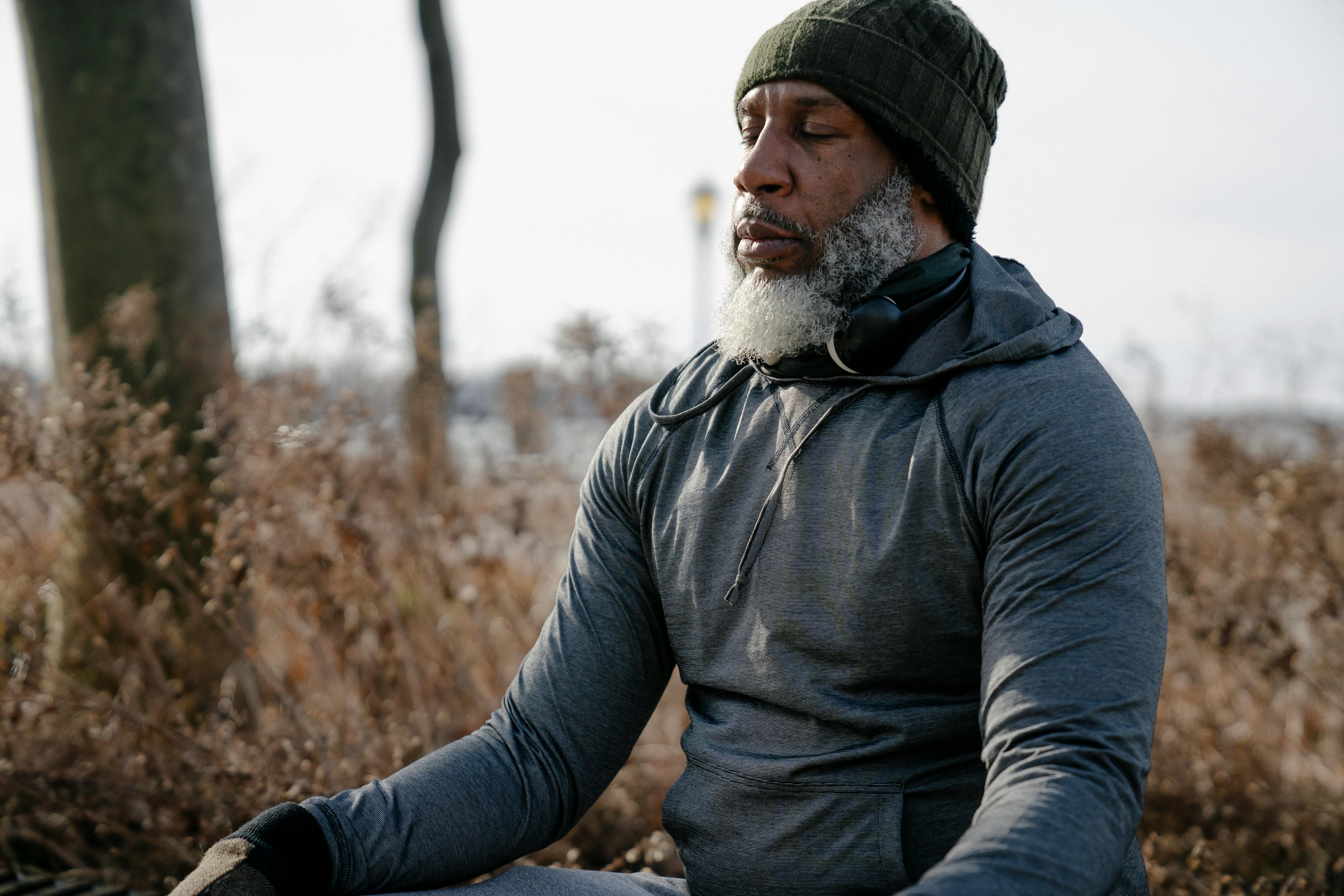
whole health
skill-building for mental, physical & Social Health
Use the CORE platform to transform your well-being.
Our minds and bodies
are undeniably connected.
Thoughts and emotions impact our physical state, and conversely –
how we feel physically impacts our mental health.
Percensys CORE Learning empowers professionals to take a Whole Health approach by offering activities, diagnosis-specific educational materials, and professional toolkits that cover common, co-morbid physical health conditions, including:
Chronic obstructive pulmonary disease (COPD)
Cardiovascular Disease (Heart health)
Diabetes
Obesity
Traumatic Brain Injury (TBI)
General Healthcare (health literacy focused resources)
benefits:
As the landscape of healthcare evolves, it is crucial to equip professionals with the tools and resources necessary to address various aspects of well-being. By fostering a comprehensive approach, we can effectively identify barriers, promote disease prevention, and deliver rehabilitative interventions within integrated care models such as CCBHC. This collaborative effort ultimately empowers individuals to develop essential skills, improve health literacy, and encourages seamless coordination among interdisciplinary teams – all with the shared goal of reducing unnecessary emergency room visits, enhancing overall health, and achieving lasting wellness.
Access resources to identify and address the barriers to whole health.
Increase motivation and engagement to prevent and/or proactively manage diseases.
Offer rehabilitative interventions required within integrated care models, including CCBHC.
Help individuals develop skills to coordinate and access needed services.
Prevent unnecessary emergency rooms visits and hospital admissions.
Increase mental health professionals’ competence and confidence in providing general health literacy.
Increase collaboration among interdisciplinary teams.
Support care coordination activities and health literacy.
FAQs
-
Mental health professionals should address a client's physical health because the two are deeply interconnected. According to the Centers for Disease Control and Prevention, individuals with serious mental health issues often face a risk of dying up to 25 years prematurely due to untreated physical ailments and lifestyle factors. Moreover, these individuals disproportionately use emergency rooms for psychiatric crises, which places stress on the healthcare system and increases the cost of care. By integrating physical health care into their practice, mental health professionals can improve overall well-being and reduce the burden on emergency services. CORE includes skill-building activities helpful in addressing common, physical health conditions that are some of the leading causes of death in people experiencing serious, mental health symptoms.
-
By addressing both mental and physical health aspects, mental health professionals can foster a holistic approach to well-being, demonstrating that improvements in one area often support positive changes in the other.
Here are two examples:
1. Stress Management: A person with depression and PTSD might experience high levels of stress, which can lead to unhealthy behaviors such as excessive smoking or eating. By learning self-soothing and stress management techniques, such as mindfulness and deep breathing exercises, they can reduce their reliance on nicotine or fatty foods. This not only improves their mental health by decreasing anxiety but also enhances their physical health by lowering the risk of diseases.
2. Motivation and Physical Activity: Depression often results in loss of motivation, leading to a sedentary lifestyle. A mental health professional can help individuals set small, achievable goals to increase physical activity, such as daily walks. This physical activity boosts endorphin levels, improving mood and reducing depressive symptoms. Simultaneously, regular exercise enhances physical health by improving cardiovascular fitness and reducing the risk of chronic diseases.



